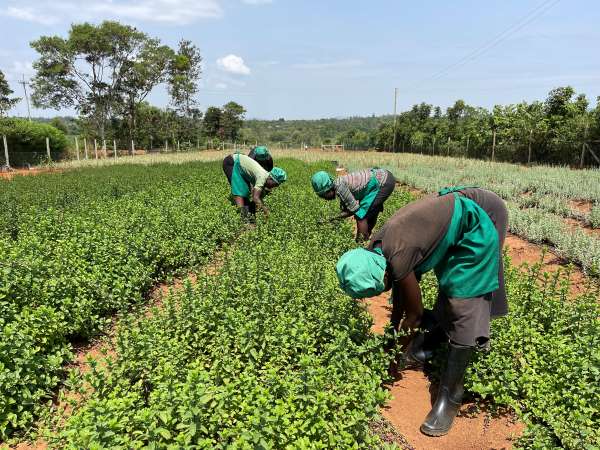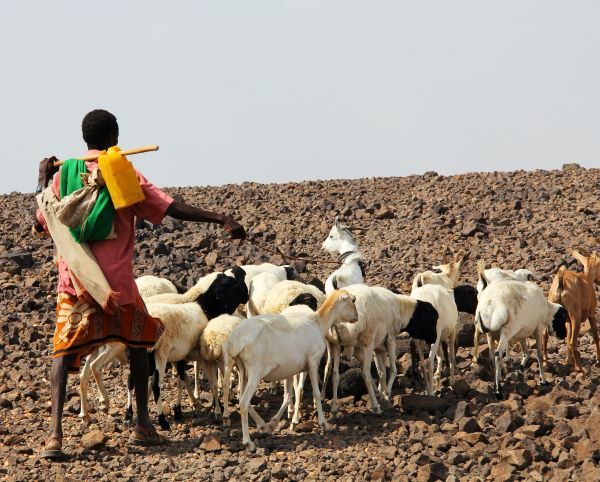Mozambique has lost about 30% of its agricultural production every year in post-harvest losses caused by inadequate handling and ineffective household storage, the deputy director in Mozambique of the UN World Food Programme (WFP), Pierre Lucas, has said.
The post-harvest losses, worst among the main crops – maize, rice, millet and sorghum, beans, groundnuts and cassava, will cause food insecurity.
Farmers in the country find themselves obliged to sell their crops at low prices after the harvest, only to buy them back later in times of shortage.
Lucas was speaking in Maputo at the launch of the second phase of the “Zero Post-Harvest Loss Initiative”, which seeks to reverse the current food crisis.
“Often farmers lose much of their production, which they worked so hard to attain, because they keep their produce in barns that are very vulnerable to losses”, he said.
“To minimise the losses, they tend to sell their produce immediately after the harvest. Later, in the dry season, they buy back the same products, when the prices are higher. This reduces agricultural returns, and consequently investment”.
The high post-harvest losses have led the WFP to support those smallholder farmers who manage their harvests well, who use good practices at all stages in the value chain, and use improved storage techniques.
“To continue facing these challenges, today we are launching the second phase of the “Zero Post-Harvest Losses Initiative” to capitalise on the positive results of the first phase, to increase the adoption of hermetic storage technologies, and to improve access and sustainability in using this technology”, he said.
The coordinator of the initiative, Adilson Mangueze, said the solution to avoiding losses is the introduction of an innovative approach to the value chain, focused on the expansion of proven Technologies, in close coordination with the local government, NGOs, and private businesses”.
“The model has been tested in six districts in the central province of Tete”, Mangueze continued. “It supported 32 270 farmers and cut their post-harvest losses from 50% to 9%, while their income increased by up to 35%, through identifying and implementing market-based response strategies for reducing post-harvest losses”.
The economic advisor to the Mozambican Chamber of Commerce, Hipolito Hamela, told the ceremony that in 2020 alone small producers lost about 175 million dollars in post-harvest losses. He believed that, by eliminating post-harvest losses, the income of small farmers could be doubled.
The second phase of the zero post-harvest losses initiative will last for three years, covering more than 80,000 farmers in Tete, Manica, Zambezia and Nampula provinces.









